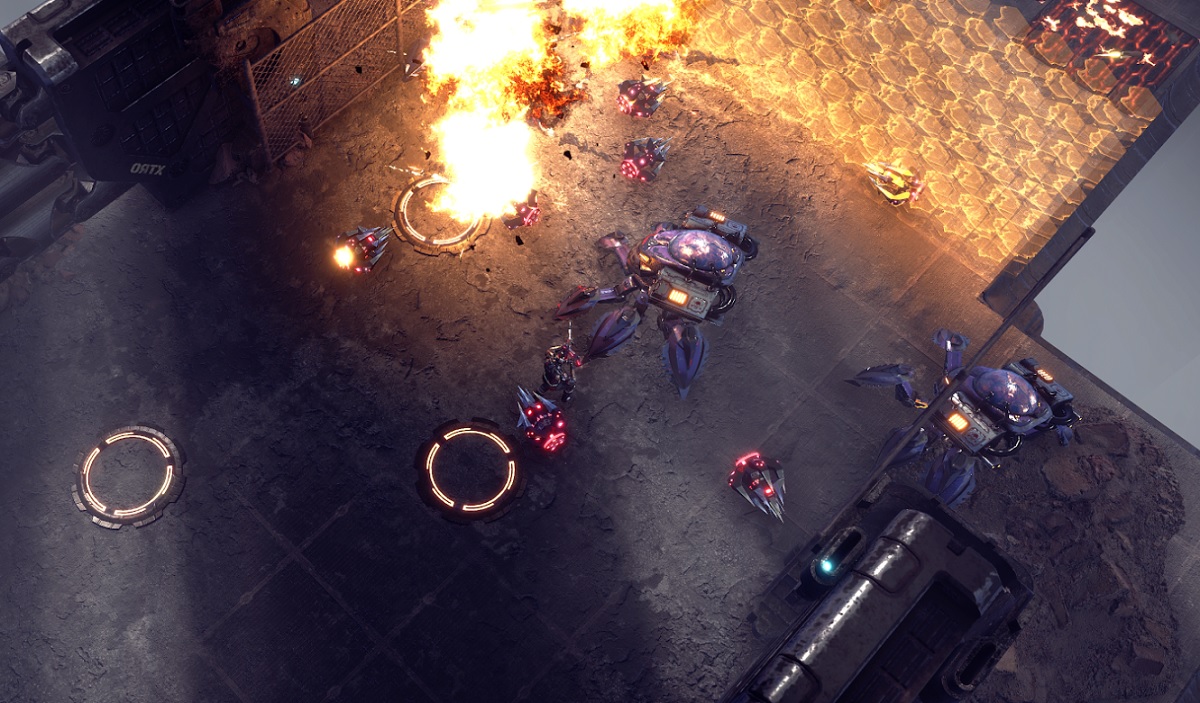Unity Technologies has launched a cloud-based game simulation service for game developers so they can playtest and balance their games more easily.
The Unity Game Simulation is a cloud service that will enable game studios to complement their prelaunch playtests through the power of simulation.

Unlock premium content and VIP community perks with GB M A X!
Join now to enjoy our free and premium membership perks.
![]()

![]()